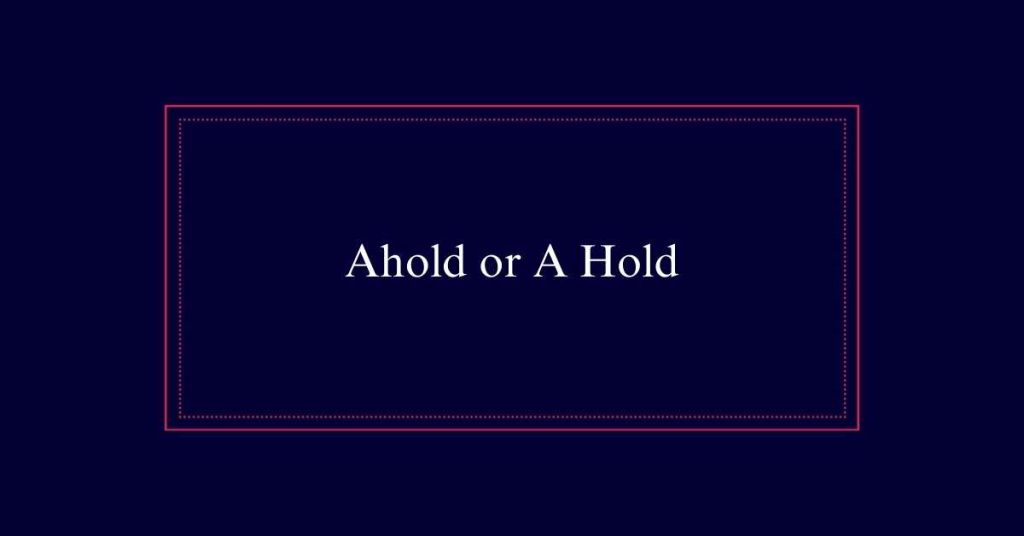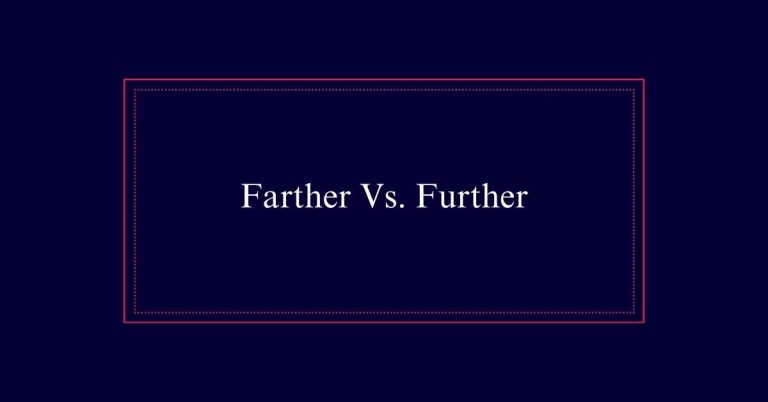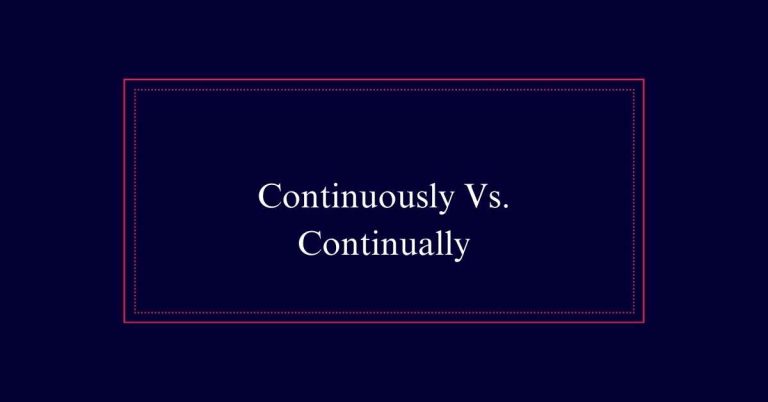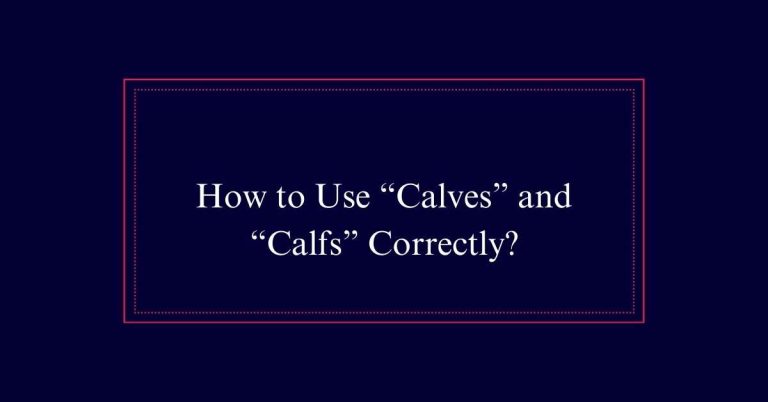Ahold or A Hold
Choosing between ‘ahold’ and ‘a hold’ depends on context and regional usage. ‘Ahold,’ common in American English, is often used in the phrase ‘get ahold of’ to mean contacting someone. In contrast, ‘a hold’ is more versatile, referring to physical control, influence, or reservations, and is more appropriate in British English. For clear communication across regions, using ‘get hold of’ is recommended.
Understanding ‘Ahold’
‘Ahold’ is frequently used in American English, particularly in the phrase ‘get ahold of’. This usage means to contact or reach someone. It is informal and widely understood in the United States.
However, it is less common in British English, where alternatives like ‘get a hold of’ or ‘get hold of’ are preferred. These alternatives can sound more polished and universally acceptable. When writing for a diverse audience, using ‘get hold of’ can avoid regional biases.
Also, adding a space to form ‘a hold’ can make the phrase clearer and more formal.
Exploring ‘A Hold’
When exploring the term ‘a hold,’ it is essential to understand its varied applications across different contexts.
In general, ‘a hold’ can refer to physical control or grasp over something, such as in the phrase “get a hold of the rope.” It can also denote mental or emotional dominance, as in “he has a hold on my thoughts.”
In the context of reservations, ‘a hold’ signifies an order or booking. In wrestling, it describes a specific restraining move. Lastly, in finance, ‘a hold’ refers to maintaining a security or investment.
Common Phrases
Common phrases featuring ‘a hold’ or ‘ahold’ are frequently used in everyday language to convey various forms of control or contact. These expressions can be found in both casual and professional contexts. Understanding their usage can enhance communication skills.
- Get ahold of: Often used to mean making contact with someone.
- Take hold of: Refers to physically grasping something firmly.
- Have a hold on: Indicates having influence or control over someone or something.
British Vs. American Usage
Therefore, understanding the differences in British and American usage of phrases like ‘get ahold of’ and ‘get a hold of’ can improve your communication skills.
In American English, ‘get ahold of’ is commonly used. However, in British English, ‘get a hold of’ or simply ‘get hold of’ is preferred. The British variants sound more natural and are widely accepted in formal writing.
For clarity and to avoid Americanism, using ‘get hold of’ is often recommended. This subtle difference can be important in professional communication, ensuring your language is appropriate for your audience.

Physical Grasp
A physical grasp refers to the actual act of holding or seizing something with one’s hands. This form of grasp involves a tangible, concrete action.
When referring to ‘a hold’ in these situations, it often describes a firm grip or control over an object.
For example:
- Tools: Holding a hammer securely to drive nails.
- Objects: Grasping a book to read.
- Safety: Holding onto a railing for balance.
In these scenarios, ‘a hold’ is the preferred term. It conveys the act of physically securing or maintaining control over an item.
Using ‘ahold’ in such instances can seem less precise and is generally less common. For clear communication, ‘a hold’ is typically more effective when describing a physical grasp.
Financial Context
A hold in finance refers to a recommendation to neither buy nor sell a security. This neutral stance often suggests that the security is expected to perform steadily without notable gains or losses. Financial analysts use this rating to guide investors who may be uncertain about market conditions.
Key points to remember about a hold recommendation:
- Neutral Position: Indicates no immediate action is required.
- Market Stability: Assumes the security will not markedly change in value.
- Strategic Waiting: Allows investors to wait for better market conditions.







